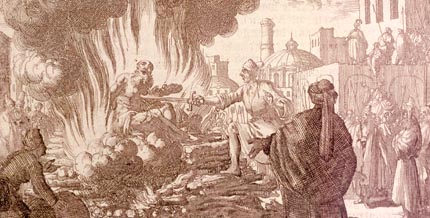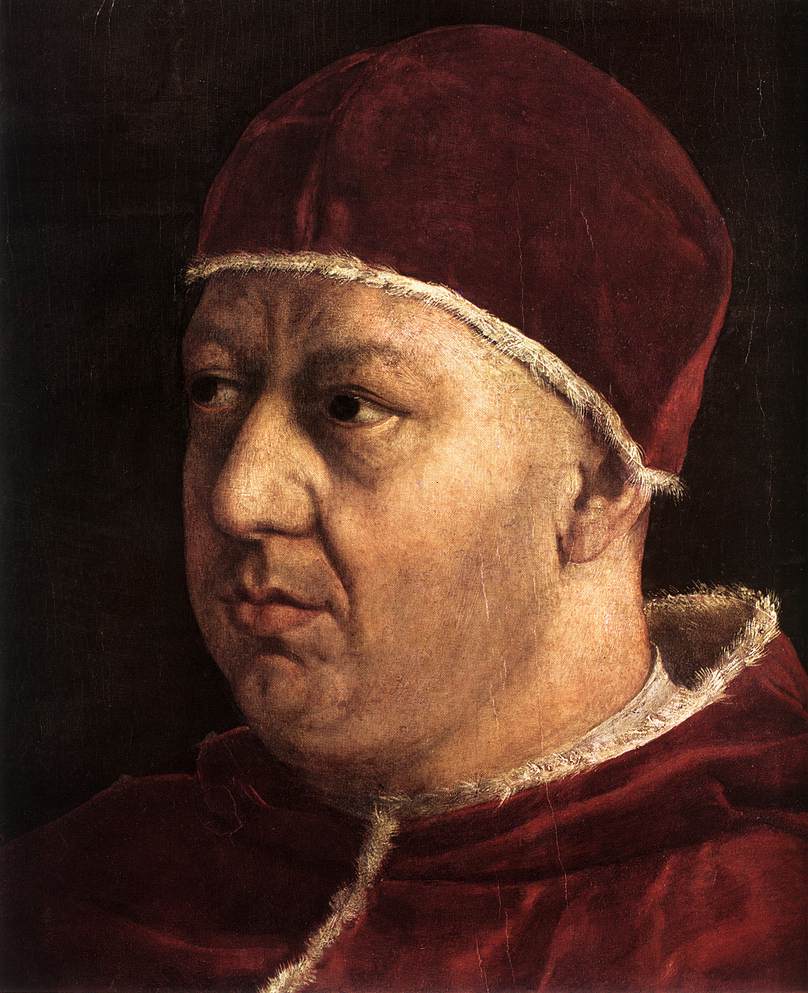I love to study history, theology, current affairs on an international level, and most other things as well. This,of course, does not necessarily mean that I know a whole lot about any of those subjects, but I like to think that I have at least a little better handle on things than Joe Sixpack.
Don't take that as a put down on Joe. I don't mean anything derogatory toward my friend Mr. Sixpack. Most Joe Sixpack's that I know are interested in their home, wife, kids the game their favourite teams will be playing in on the next weekend. There is nothing wrong with Joe and there are times when I wish I did not find these other issues so interesting.
I'm a blue collar worker. I am an operator at an oil refinery in South Louisiana and bef ore that I worked as a scaffold carpenter. My work world is the world of Joe Sixpack and I love it. I like working with construction "hands" and other blue collar folk.
ore that I worked as a scaffold carpenter. My work world is the world of Joe Sixpack and I love it. I like working with construction "hands" and other blue collar folk.
Conversations at work are filled with discussions of football (American style), deer hunting, cattle raising, four wheel riding, bass fishing, etc... I like to hunt, though I am not very good at it. I like to fish, which I am even worse at and I am very interested in LSU football. I also have a wife and four children. These items, along with our work, give me many points of contact with my friends at work.
Still, where I work, I am the only one that I know who can name all the Tudor and Stewart monarchs. I am the only one who's read Suetonius' De vita Caesarum (Life of the Caesars) or Jordanes' Lives and Deeds of the Goths. I am also the only one who's read all of Justin Martyr's works, all the letters and several treatises of St. Cyprian, and a fair chunk of other Church Fathers like Polycarp, Ignatius, Athanasius, Augustine, etc
I don't know much about the latest Hollywood starlet, or what is in the gossip columns. I have a very shallow knowledge of pop culture, but my wife has recently confinced me that such knowledge could be useful when I am speaking with young people. So I hope to start learning some of that stuff, but I plan to do so in moderation. I just does not interest me.
What I've basically admitted above is that for my world and the line of work that I'm in, I am a bit of an odd ball. But that is ok. One of my good friends at work was introducing some new hires to everyone and when he got to me, with his East Tennessee accent, and a bit of a chuckle, he said "This is Kenny. He knows more useless bullshit than anyone else in the world."
My friend, we call him Bird, was having a bit of fun and he was giving me a complement (in his own way). Anytime there is a crossword puzzle with some obscure history or geographic question on it they come to me looking for an answer. They always act shocked when it is something that I don't know off the top of my head.
I'm not a complicated person. Though I do admit that somethings may seem gray, it is only because of our lack of light to perceive its true color. When all is revealed in the brilliant light of God at the final day we will see that there was no gray.
My oldest son, who is now serving in the U.S. Navy, once told me that I was the last man on earth who still believed in Christian chivalry. He was not happy with me at that moment and he meant it as a jab, but I took it as a complement. Since that time he has acknowledged that such chivalry is a good thing to have. I only wish the accusation were more true about me than it is.
I'm 47 years old, and unless I live to be a very old man, which is not likely, I have already lived well over half my life. The most heroic thing that I have done in my life is love my wife and children and go to work every day to support and provide for them.
My adult life is not one that would make a good Hollywood movie. I've worked hard and I've worked a lot. I've never cheated on my wife and just as importantly I have never cheated on the mother of my children. I pray with my children when I am home and encourage them to pray. I tell them to remember that they are baptised into Christ and that salvation is not to be found outside of Jesus Christ and His Church.
I sometimes wish I were rich and I did not have to work so hard to provide for my family and to keep what we have, but then I look into my soul and know what demons and misdeeds might be released from my heart if life were too easy. I think great riches and great poverty are damaging to the soul, and I am glad that I've had to work hard for what we have and that I have to continue to work hard to keep it. It is not always fun, but it is much safer for the soul than great riches or extreme poverty.
A Christian culture can not be achieved in the passing of laws or constitutional amendments, though these things can sometimes be helpful, godly culture can only be realised by men and women living their everyday lives in a godly way. There is no magic and there is no silver bullet.
I hope to continue to live that sort of mundane life. I also hope to pass that idea on to my children, and (by God's grace) to my grandchildren. Joe Sixpack is not to far from the truth, but God has to be first, wife and children second, his fellow man, then those other things that he loves.
Coram Deo,
Kenith








